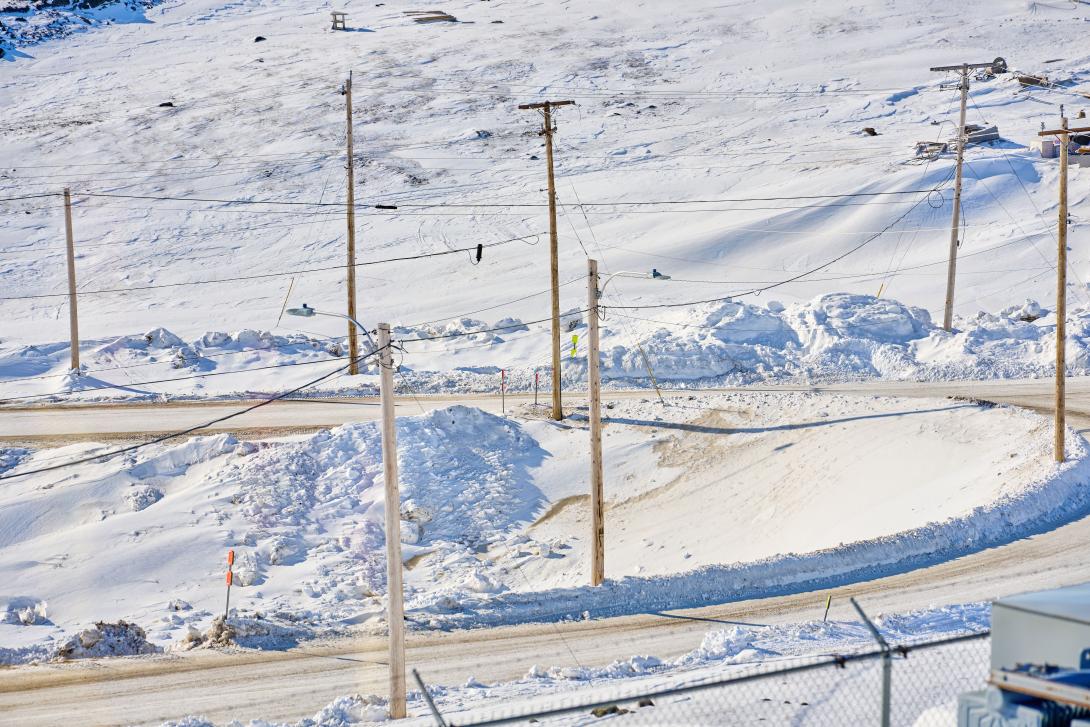
Nunavut is the largest of 13 provinces and territories in Canada with a total landmass of 1,936,113 km2. Within the vast geographic area live over 15,000 power utility customers that require electricity to heat, light and power their homes. At Qulliq Energy Corporation (QEC), we are proud to be the sole utility responsible for providing electricity and district heating in Nunavut. A job this extensive comes with its rewards, as well as its challenges – a few in particular that make us different than any other power utility in the country.
Nunavut’s energy system is unique to all other provinces and territories in Canada for several reasons. First, Nunavut does not have a shared transmission grid. This means each community relies on independent power plants, where power is generated, and distributed to the local area. Often referred to as “island mode” or micro-grid, it is different from other places in Canada where each city, town, and community are connected to each other on the same energy transmission system.
One implication of not having a transmission grid is that power cannot be shared between communities. This means in the event of a power outage, there is no way to re-route the flow of energy from one community to another in order to back up the power supply to residents. In the Arctic winter any power outage is an emergency situation and backup power is supplied to communities via emergency generator sets kept on site.
The second difference in power generation in Nunavut is that we do not generate energy from local sources. The territory currently depends exclusively on imported fossil fuels for power generation instead of naturally occurring processes. We currently have 25 power plants operating in each of Nunavut’s 25 communities that run solely on diesel fuel to produce electricity. Each year, diesel fuel is purchased and shipped in bulk during the short summer season and stored in tank facilities in each community. Fuel is then used to power generator sets that convert energy into electricity to provide power to the territory.
Lastly, our operations set us apart from any other utility in the country. Because we use diesel generators to power the territory, our plant operators are able to turn generators on and off line depending on the demands of the system at a given time. For example, electricity demand is higher in the colder, darker winter months and therefore requires more generators online. QEC field technicians such as plant operators, linesmen and maintenance employees also perform in some of the most rigorous environmental conditions of any utility in the world. From disruptive ravens to severe blizzards, our dedicated employees work hard to restore and maintain power to our communities.
